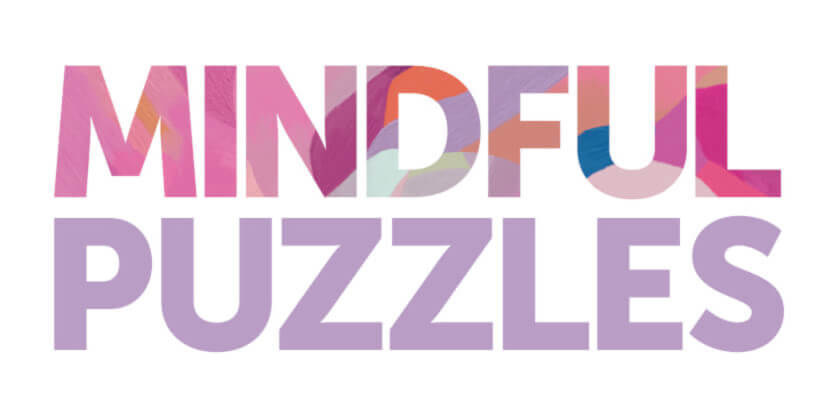
Are you interested in growing your financial stability but have concerns about the impact of where your money is going?
Ever bought something, be it food or fashion, and then questioned the impact of your actions? If so, it’s likely you’re becoming more mindful of how spending affects not just your budget but also the planet.
This level of consumer consciousness is also supporting the rise of ethical investing, a more mindful approach to investing in company shares or financial products, so that they align with your values and the impact you want to have on the world.
What really is ethical investing?
“Ethical investing makes you think about what you stand for and really care about in the world,” says Clare Payne, EY Fellow for Trust and Ethics. “It can be two-fold, it can involve the removal, or screening out, of certain shares, but it can also involve the selection of certain shares.” For example, if you care about climate change, then you might select investments in renewable energy companies. You might be vegan or plant-based and want to have a greater impact in this space, which means you can select a fund or investments that avoid things like animal-based agriculture.
Fashion, particularly damaging fast fashion, are strong areas of interest for women. Research and avoid retail companies that have links to human rights issues such as child or slave labour chains, don’t meet or are secretive about their working conditions, and who use environmentally unfriendly materials and resources.
So how do you find the ethical investments?
To make it easier for people to make decisions about ethical investments, superannuation funds are being forced by the financial regulator to publish their company share holdings on their public websites from December 2020. This means that if you don’t agree with the companies that your super fund invests in, then you can make a decision to invest your money elsewhere.
Here’s what you might like to consider:
Think about and write down the key values that you want your investments to line up to.
Look at your super fund or any other investments that you have, and question whether their underlying investments and strategy actually align with your thinking.
If they do, that’s wonderful! If they don’t, it’s time to start looking for other, more ethical options.
As Ms Payne says, “One day, ethical investing will be the norm and we’ll wonder why we were ever routinely invested in things that are bad for the world. That’s the hope.”
This article was originally published in Issue 16 – A Creative Spark. You can purchase previous issues and enjoy more enchanting content here.




















